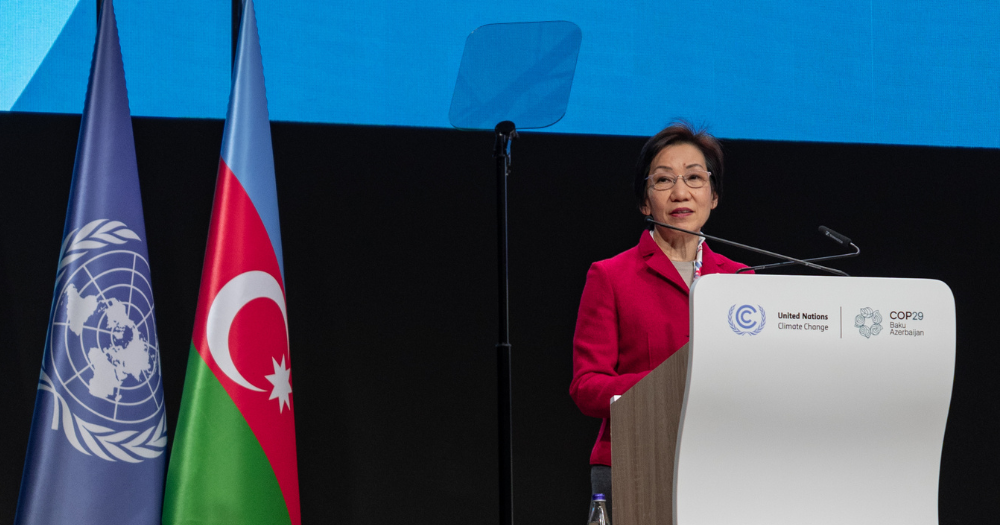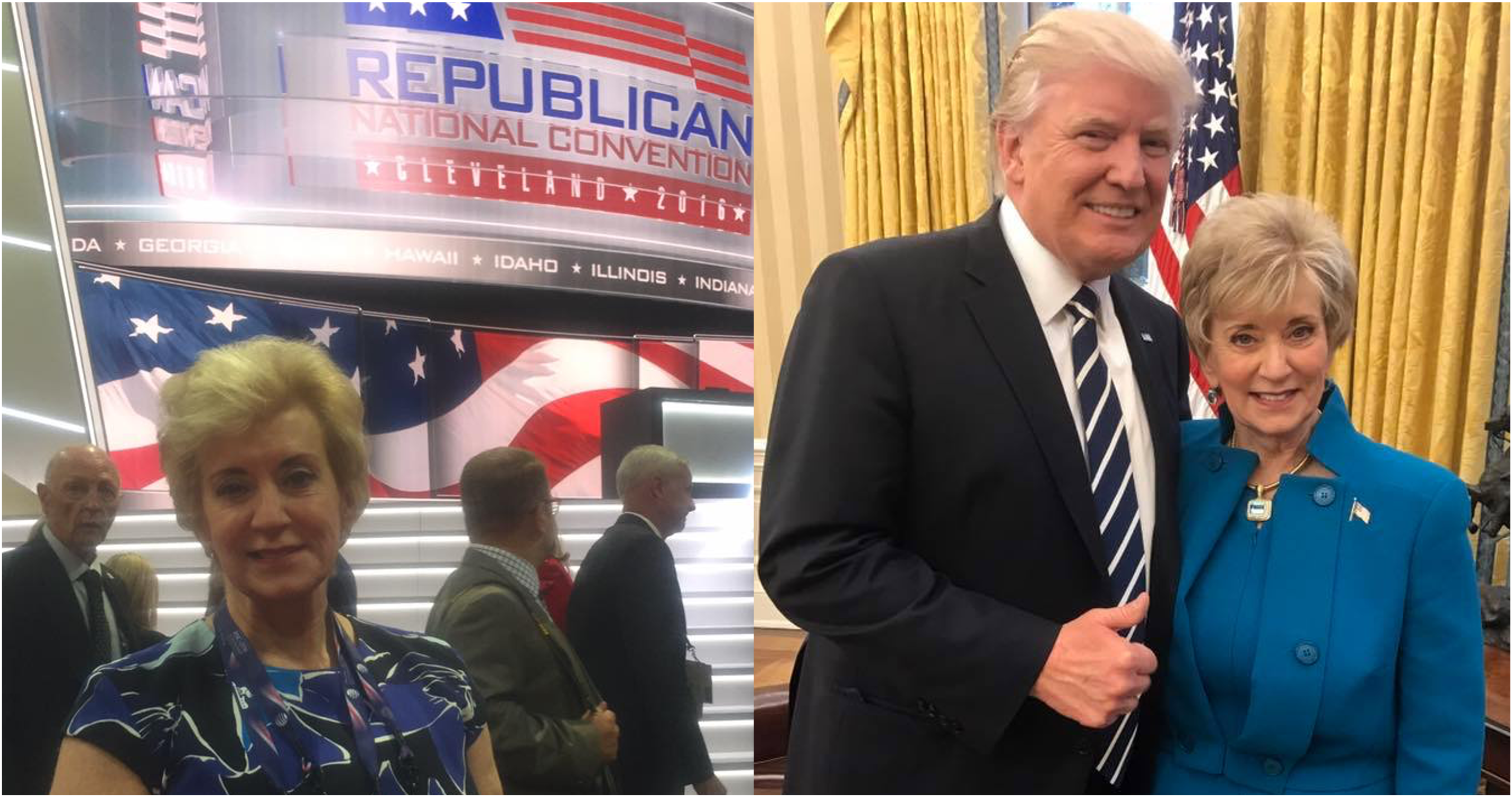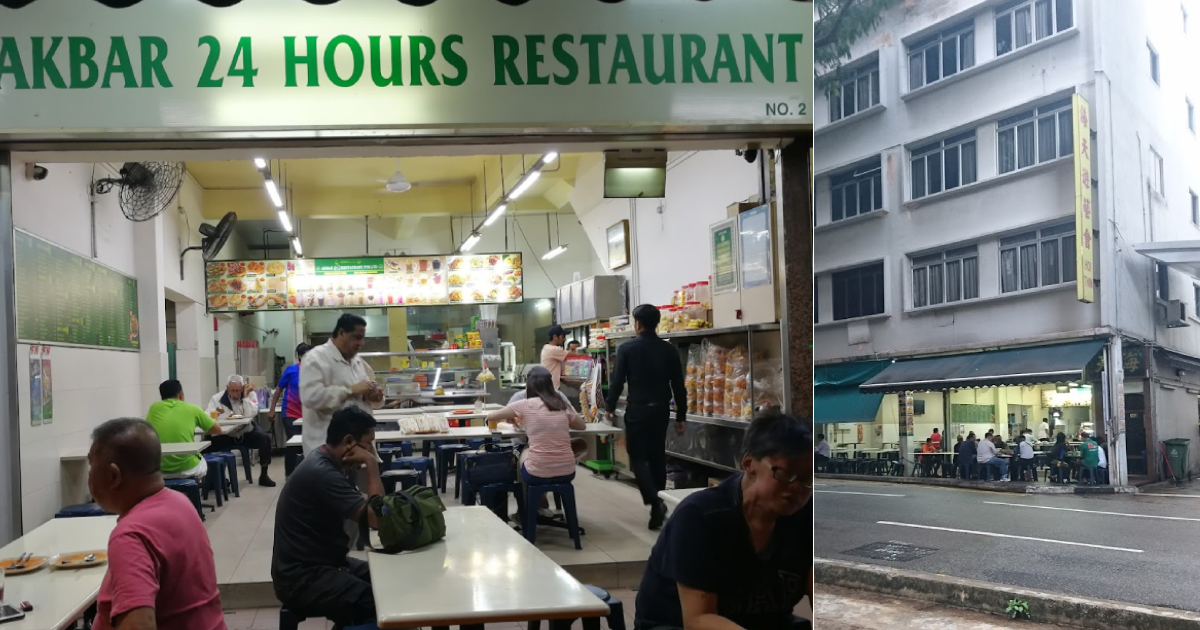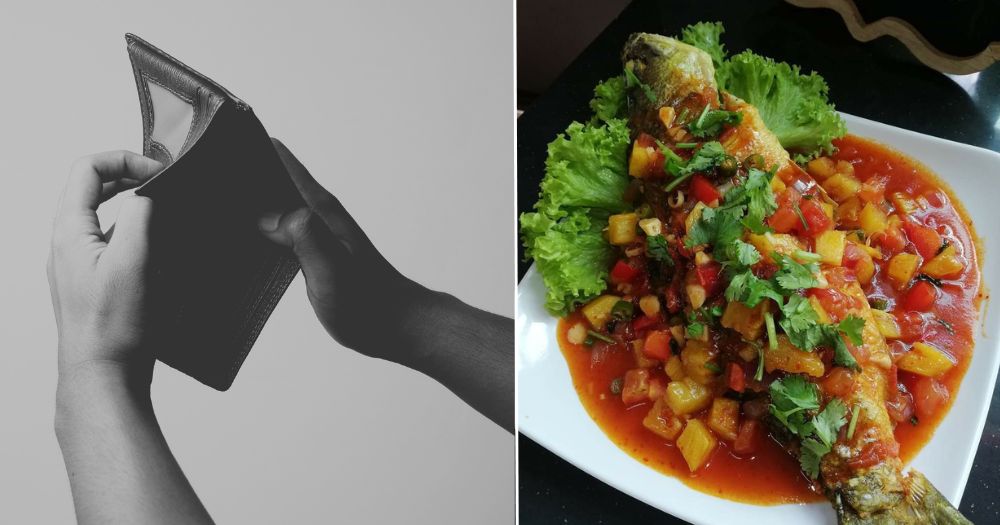I’m a SINK. Are you a SINK too? How about DINK, OINK, DIWK or SIWK?
Acronyms about your financial state you may or may not know.
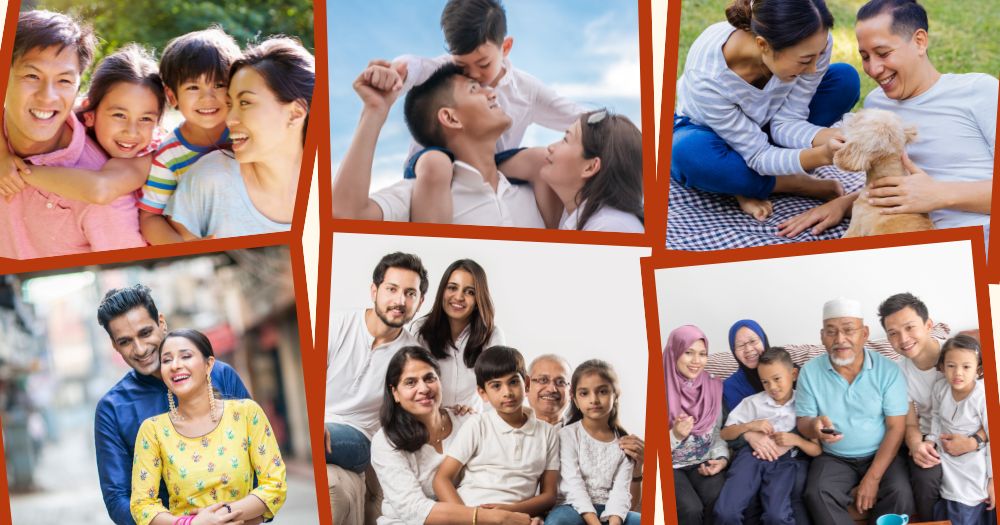
I’m a SINK.
No, I’m not a kitchen sink or any other definition you can find on Wikipedia — it’s an acronym for “Single Income No Kids”.
It’s a bit different from OINKs (One Income with No Kids) as that’s the definition for couples with only one breadwinner.
Then there’s also the DINKs (Dual Income with No Kids), the DEWKs (Dually Employed With Kids, although why it’s not as popularised as DIWKs, I have no idea) and the SIWKs (Single Income With Kids).
Despite being a millennial — a generation who saw the rise of acronyms — I had to Google quite a few of the terms.
That’s when I also found out that the term DINK was popularised in the 1980s by Gen X yuppies in the US.
In recent years, though, some acronyms are likely Millennial creations, like DINKWADs (Dual Income, No Kids, With a Dog) and KIPPERs (Kids in Parents' Pockets Eroding Retirement Savings).
But what we can see from the acronyms themselves is the harsh truth of society — especially in Singapore — that whether or not you can be financially sustainable in life is heavily dependent on your life decisions.
Some people might think, “No sh*t, Sherlock” — but it’s actually not as intuitive as we think.
People often find that “logic” and “sanity” factor quite little when it comes to relationships, marriage, and kids.
So I think it all comes down to how you plan your life.
SINKs
Technically, I’m a SINKWAD.
Having a dog, especially for responsible pet owners, is actually much more of a financial burden than you would think.
For “fortunate” dogs like mine who are more than 15 years old, old age is often not kind.
Food and shelter aside, there are also medical fees and other miscellaneous things you have to buy to make life better for both you and your pet.
And this is just for rearing a pet. Imagine raising a human or supporting humans, which requires even more of your finances and often takes a heavier emotional toll.
Yes, I’m talking about having kids or having to take care of your elderly parents.
I’m fortunate to have elderly parents who are not only healthy and well, but also financially independent.
That’s not the case for some people, and I have even known people who decided to stay single because they had to take care of their parents.
Almost a decade ago, when I was still in the now-defunct Lianhe Wanbao, I interviewed this middle-aged man who lived in a rental flat and wanted to buy his own coffin.
He told me that he had stayed single, not because he had no “market” — he actually kept a photo of a quite dashing younger self in his wallet — but because he had to take care of his mother and he didn’t think he should share the burden with someone else.
His mother lived for quite a while, and by his 60s, he was still single and didn’t see the need for a family anymore.
Now, almost a decade later, as a 35-year-old man, I have not decided on whether to stay single forever. I really enjoy the freedom, but the thought of settling down with someone I love seems quite nice as well.
The uncle’s story definitely reminded me of whether I should start planning my retirement in the far future in anticipation of the lack of familial support.
To be honest, I have no financial plans for my retirement other than hoping that my prudent spending will be sufficient to make my bank account accumulate funds.
However, when you’re single, what “prudence” is to you can be seen as quite “lavish” to others.
DINKs
When your “single” becomes “double”, many things “double” too.
Double the income, double the enjoyment, with companionship.
But there are also more things to consider.
With both persons likely having different career pathways, the retirement plans might also be quite different.
For example, one might be an engineer and doesn’t think he can stay on the front line for long, but he wants to retire from the job early to have a slower-paced lifestyle. On the other hand, the other might be an investment banker with aspirations of climbing up the corporate ladder and doesn’t plan to retire early.
Risks of financial loss in their lives will also be more dynamic. It can be extra stressful if one partner is retrenched, for example, as the other person may feel financially responsible.
However, financial costs could also be more manageable. For example, they would have the option to become OINKs (One Income No Kids) if one partner needs to take a sabbatical. A single person would really only have the option of becoming a NINK (no income no kids).
However, if DINKs wants to keep the option of becoming DEWKs open, then there’s also the need to have more prudent financial management.
DEWKs
So, for couples, it all comes down to whether they decide to have kids.
When I was younger, I once heard someone talking about kids and how a kid in Singapore costs “at least a million dollars”.
Even though we’re heavily influenced by Western culture, our ideals for the family and children are still very much traditional — where parents often financially support their children up until adulthood (and for some, beyond).
This means that costs can add up quickly. Feeding and clothing an extra mouth is just the beginning.
There are preschool fees, extracurriculars, activities during the weekend, holidays, etc – all things that can quickly erode any safety net or retirement funds.
Some parents harbour the hope that their kids can take care of them when they grow old.
I think it’s risky to think of children as your retirement plan – the rising cost of living may make it difficult for the next generation to support themselves, let alone their parents, yet others may grow estranged from their parents.
It’s best to have a rough idea of the financial costs of having kids so you can start preparing for it if you’re on the fence. I’d rather do that than be caught off-guard and be on the back foot for my retirement.
Financial planning regardless of acronym
For me, whichever acronym I become, I’ll leave it up to fate.
But I should at least put in place financial plans for retirement for life on my own. This might mean factoring in live-in help if I need it when I’m older.
At first, when the idea of financial planning was brought to my attention, I thought it would be as simple as buying a couple of exchange-traded funds (ETFs) or maybe buying some insurance investment product.
I was wrong. Very wrong.
When I took the OCBC Financial Wellness Index (FWI), my answer went from whether I’m confident with my financial or retirement plans changed from “somewhat” to “absolutely no”.
Knowing your financial health
If you’re not ready for such an extensive look into your financial habits, you can take the shortened FWI quiz to find out how you fare.
For the uninitiated, the FWI was first launched in 2019 to provide a comprehensive look into Singaporeans’ financial health.
The index assesses where you stand among Singaporeans when it comes to best practices in financial planning.
Questions include whether you have six months worth of your monthly salary in savings, conscientiously looking into investments, and even if you are on track with your retirement plans just to name a few.
One of the more interesting statistics I’ve learned from this year’s FWI, is that couples with no kids are actually less prepared for retirement than those with children — even though my instinct was that children would drain all your finances.
If knowing that you might not be financially healthy worries you, you might want to give the full index a try here, and find out how you can improve your financial wellness.
This branded article made the writer realise he needs financial planning help.
Top image via Canva
MORE STORIES









